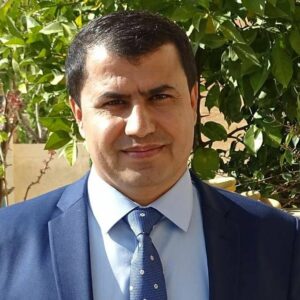
Iraq, the historic heartland for numerous religious communities, has been a site of significant religious persecution and conflict in recent decades. The United States Commission on International Religious Freedom’s (USCIRF) latest report on Iraq highlights the challenges to religious freedom, particularly for its minority communities. The USCIRF report not only outlines the religious freedom landscape but also points to the critical need to take action.
Iraq boasts a rich cultural and religious history and is home to various religious and ethnic communities. Despite some limited constitutional guarantees, freedom of religion in Iraq faces significant challenges, emerging out of a tumultuous history marked by dictatorship, war, and sectarian violence. Under Saddam Hussein, the state maintained a cover of secularism, where religious groups were frequently persecuted. The 2003 U.S.-led invasion brought about new dynamics, often intensifying sectarian violence. The rise of ISIS in 2014 was particularly devastating for religious minorities as it unleashed brutal atrocities that triggered mass displacement.
The 2024 USCIRF report emphasizes the urgent need to improve religious freedom conditions in Iraq, particularly for minority groups who continue to suffer from discrimination and violence. Despite the extensive documentation and evidence USCIRF provided, there remains a glaring lack of governmental and civil society projects specifically addressing these issues.
And the limited number of projects that do exist must overcome substantial obstacles to implementation. For example, security threats, social, political, and economic instability, and ongoing violence complicate interventions on the ground. Heightened tensions surrounding the religious dynamics in Iraq only add to these obstacles, together creating a combustible mix that often deters international non-governmental organizations (INGOs) and donors from engaging directly in projects that promote religious freedom.
There is also a lack of sustainable funding in this area. Potential projects rely on international aid, which is often inconsistent, and when it does materialize, is typically insufficient to the need. Local organizations struggle to secure the necessary financial resources to initiate and maintain their activities.
Compounding these challenges, donors and the INGOs they support often appear reluctant to fund projects that focus explicitly on religious freedom. Sometimes, they are cautious about even using the term. This concern about intervening in Iraq’s complex “religious space” may be driven by concern about the conditions in Iraq. However, it often is driven as much by the religious understandings in the organization’s own country or the organization’s internal views on religion. Whatever combination of these factors drives decisions by donors and organizations, this hesitation to fund the advancement of religious freedom in Iraq leads to a severe shortage of resources for projects that could foster religious harmony and protect minority rights.
Religious minority groups, thus, remain severely at risk in Iraq while sources of potential protection and relief for them are retreating in other sectors. For example, the suspension of UNITAD‘s work in Iraq has halted important efforts to hold ISIS accountable for their crimes. Additionally, the slow implementation of compensation for survivors of ISIS atrocities continues to hinder the recovery and rehabilitation of affected communities. Demographic changes, often driven by violence and displacement, are altering the composition of many regions, putting additional pressure on minority groups and complicating efforts to promote coexistence.
Despite these challenges, there are constructive ways to advance religious freedom in Iraq, an effort that concerns not only religious minorities but the rights of all citizens. Civil society organizations (CSOs) have the potential to empower local communities to advocate for their rights and promote a culture of religious freedom for all communities. Grassroots initiatives can be more adaptable and less likely to attract negative attention, making them effective in promoting mutual respect between religious communities. Collaborative efforts between international donors, INGOs, and local CSOs can leverage resources and expertise, ensuring more sustainable and impactful projects. CSOs can also seek to influence legislative changes that protect religious freedom and provide better support for minority groups.
One model of such collaborative efforts is the Iraq Religious Freedom and Antidiscrimination Roundtable (IRFAR), which has been pivotal in advocating for religious freedom in Iraq. IRFAR includes members from various religious groups, community leaders, academics, and civil society organizations. IRFAR has become a platform for highlighting religious freedom restrictions and deliberating collective solutions.
The Ghasin Alzaiton Organization for Youth used storytelling to promote religious freedom in the Nineveh Plain. Salam Al Rafidain, based in Baghdad, used a fine art competition and exhibition to demonstrate how religious freedom leads to social cohesion. Both are active members of IRFAR and rely on the platform it provides. IRFAR has also partnered with numerous universities across the country to conduct research and increase understanding of the dynamics facing religious communities. Over the past 18 months, IRFAR has worked strategically with parliamentarians, civil society organizations, and religious communities to draft religious freedom legislation. IRFAR is an example of an initiative that successfully taps into the expertise and energy of CSOs that are making a real difference on the ground in Iraq.
Promoting religious freedom in Iraq is a vital yet challenging task, as highlighted by the latest USCIRF report. Despite some constitutional protections, turmoil in the region, political sensitivity, and a lack of sustainable funding have hindered the development of meaningful religious freedom. However, initiatives like IRFAR showcase the potential for positive change through grassroots efforts and collaborative advocacy. To achieve meaningful progress, it is essential to overcome political and financial barriers, prioritize religious freedom, and support local initiatives that foster peace and protect this fundamental right.
Salah Ali is General Coordinator of the Iraq Religious Freedom and Anti-discrimination Roundtable, and a Fellow with the Religious Freedom Institute. He has extensive experience in projects of peacebuilding, social cohesion, and protection. He holds a BA in International Studies (The Open University UK), a MA in Peace and Development Studies (Leeds Beckett University), a certificate in politics (University of Oxford) and is a PhD researcher in Politics and International Relations at Leeds Beckett University.
THE RFI BLOG
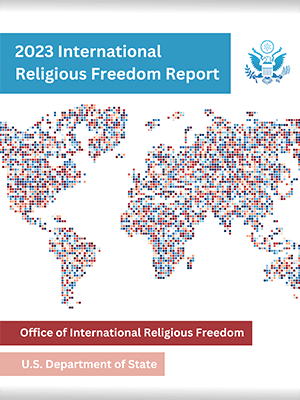
State Department Releases Annual Report Documenting Dire Global Religious Freedom Picture
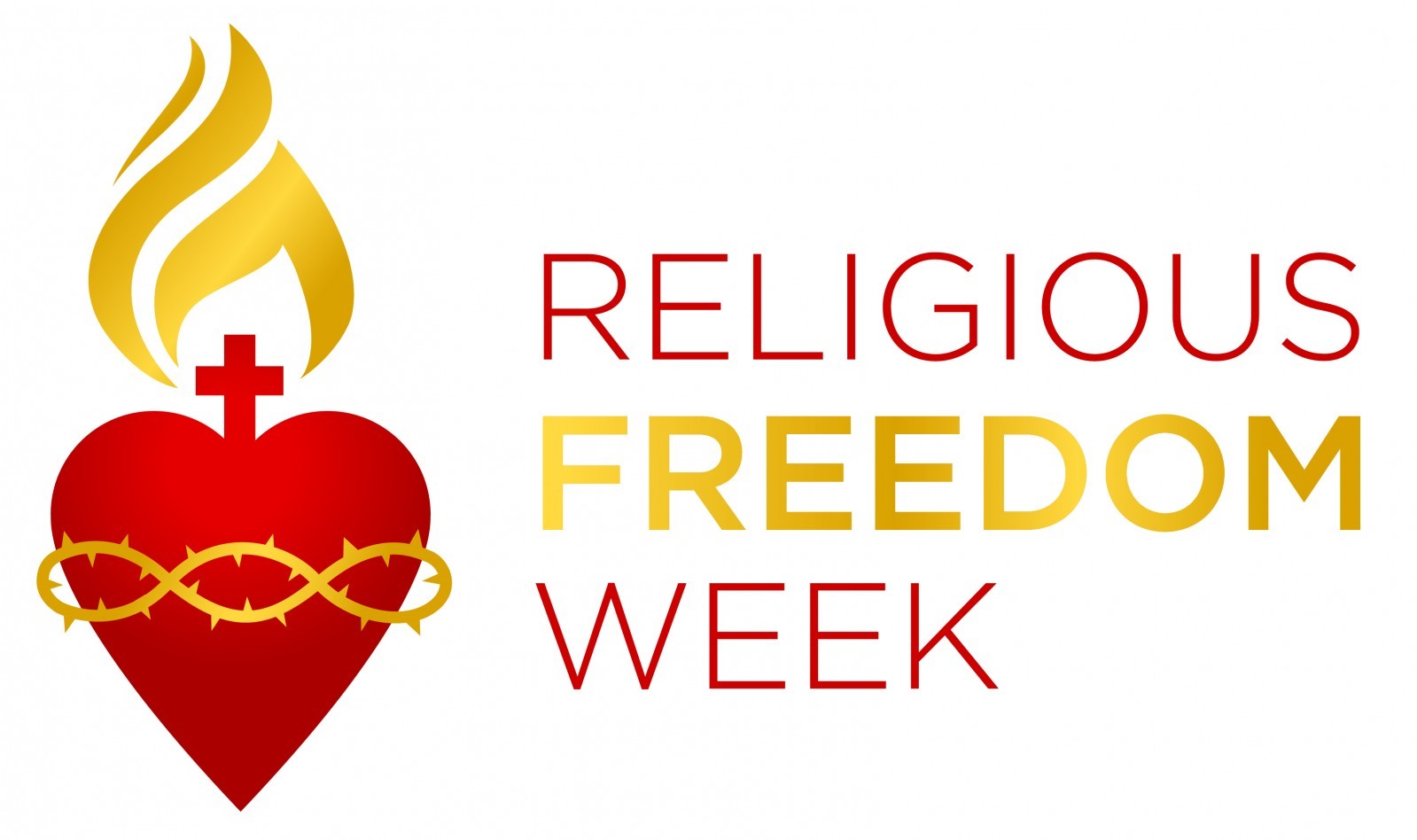
RFI President David Trimble Talks Religious Freedom Week on Drew Mariani Show
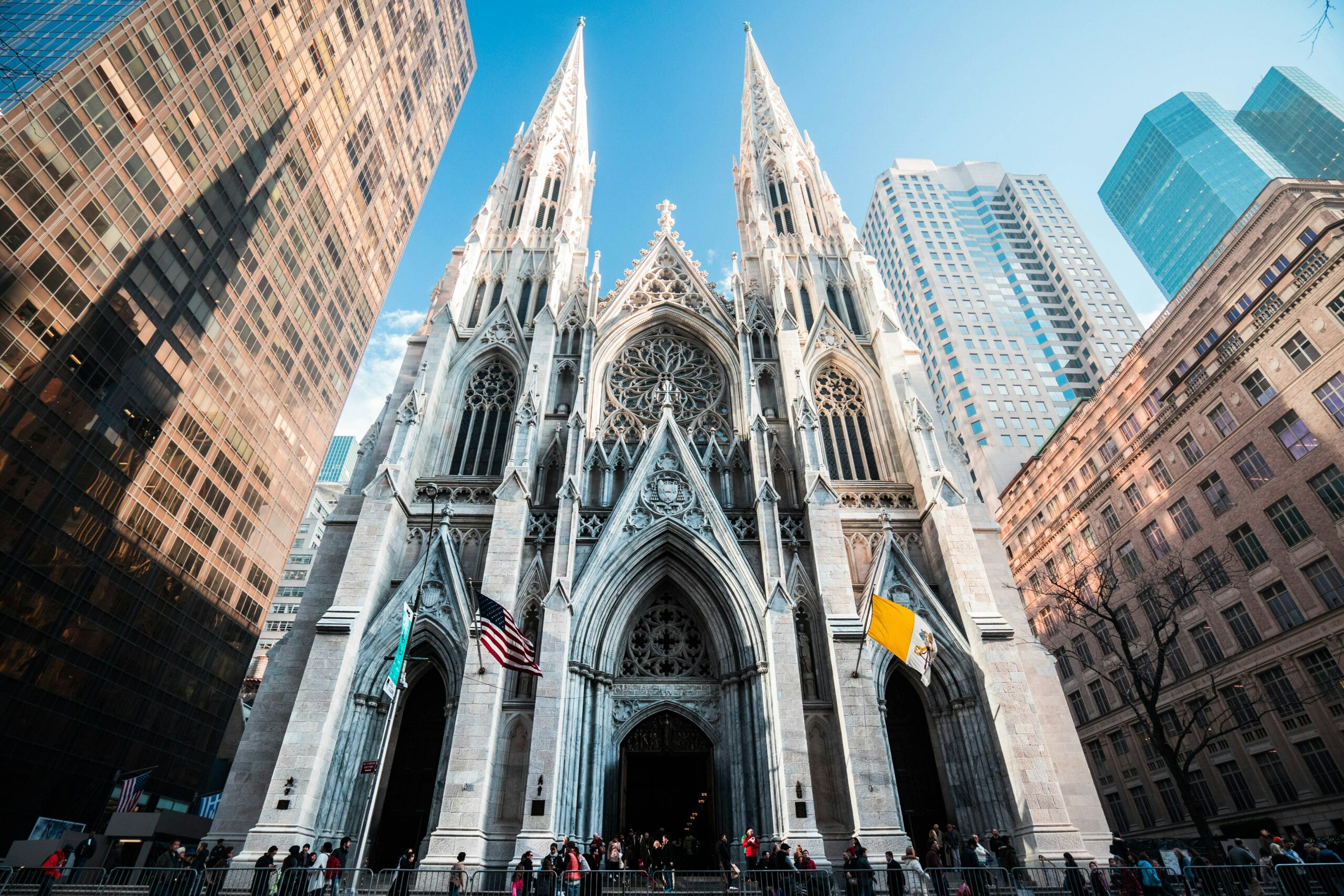
A Deeper Look at the Rising Threats to Religious Freedom in America
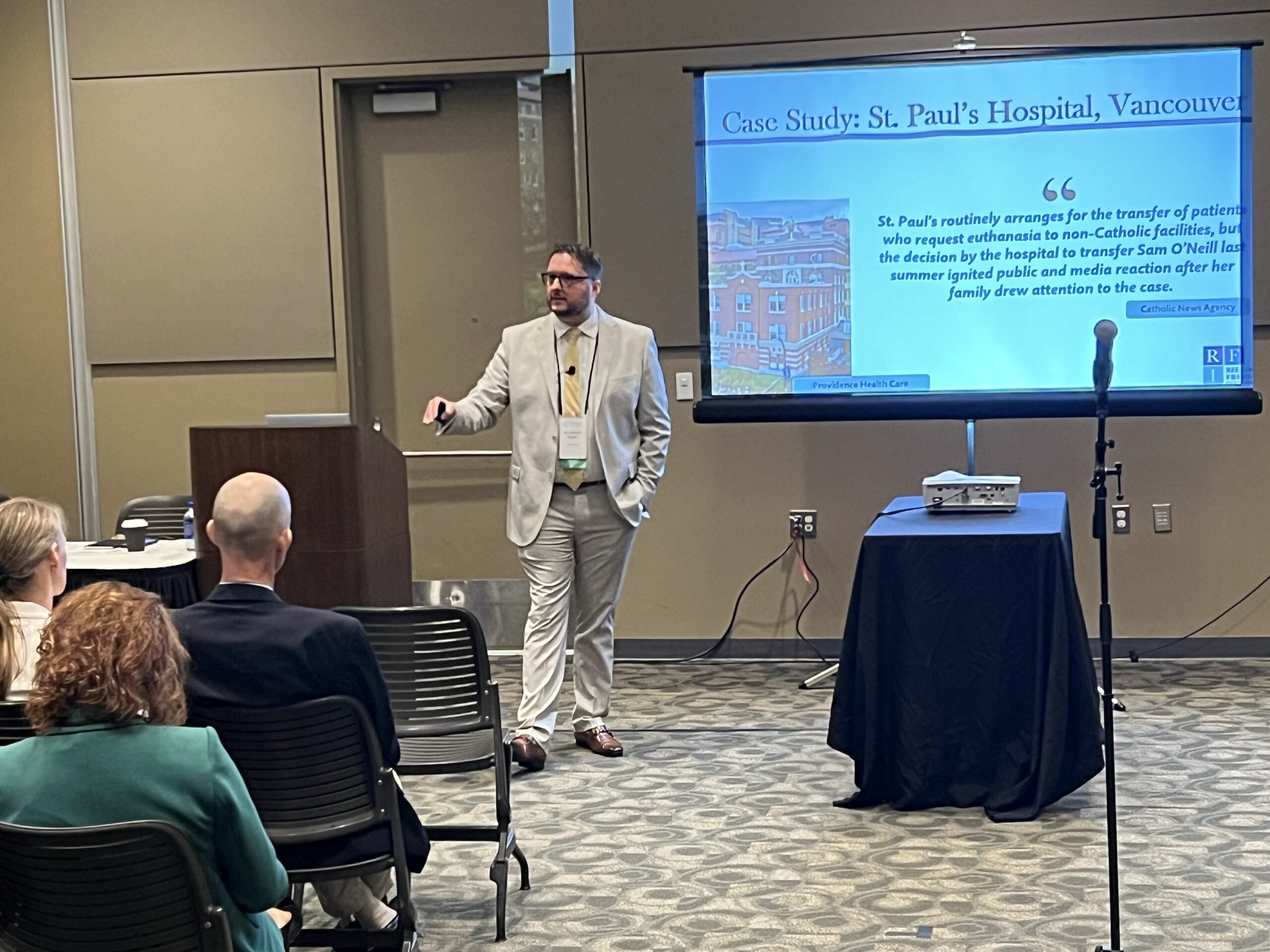
RFI’s Andrew Kubick Offers Robust Vision of Medical Conscience Rights at Acton University
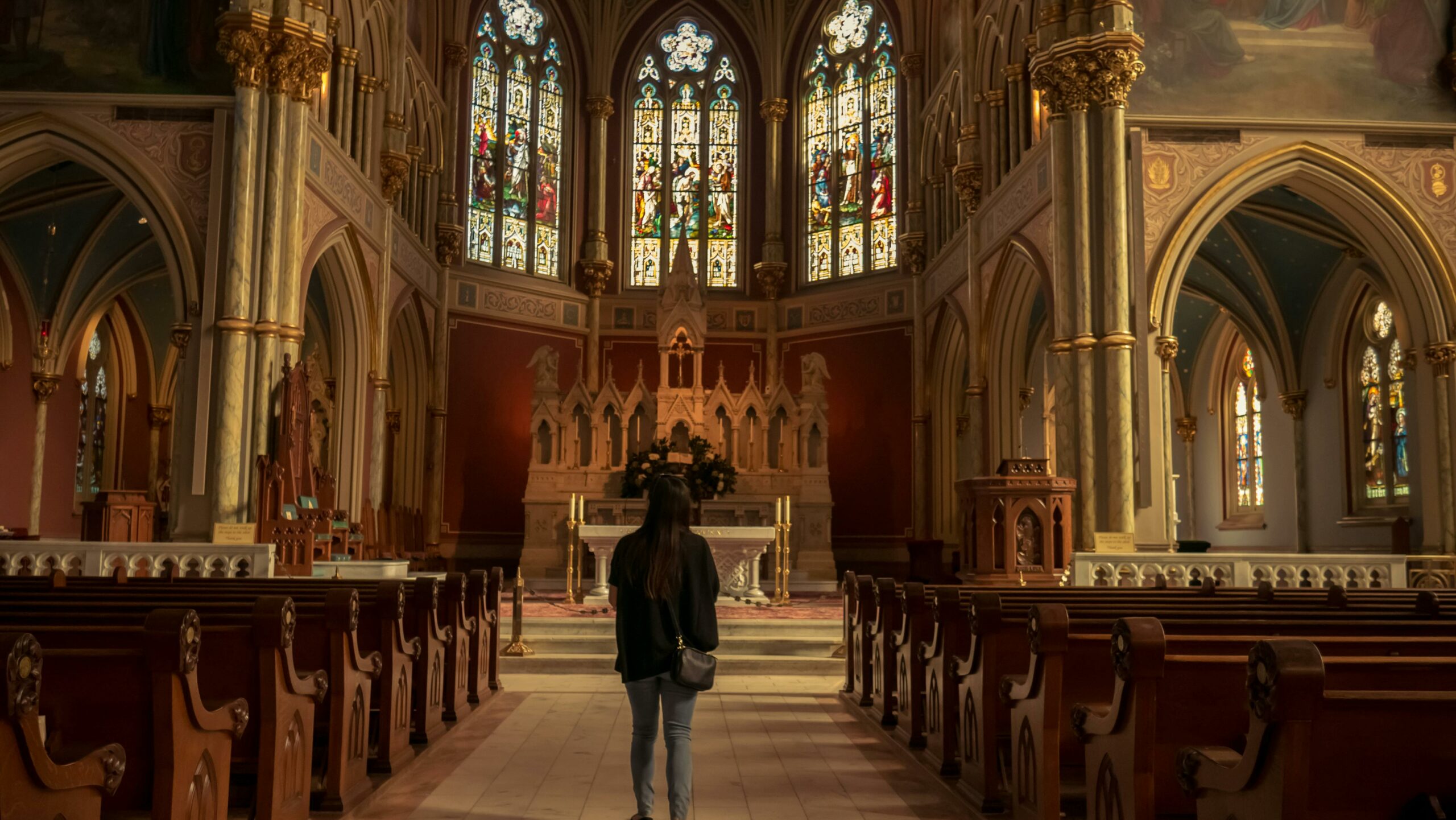
Free Exercise of Religion and Catholic Responsibility
CORNERSTONE FORUM

Challenges to Religious Freedom in Iraq and the Critical Need for Action

Public Bioethics & the Failure of Expressive Individualism

Religious Liberty in American Higher Education

Scotland’s Kate Forbes and the March of Secularism

